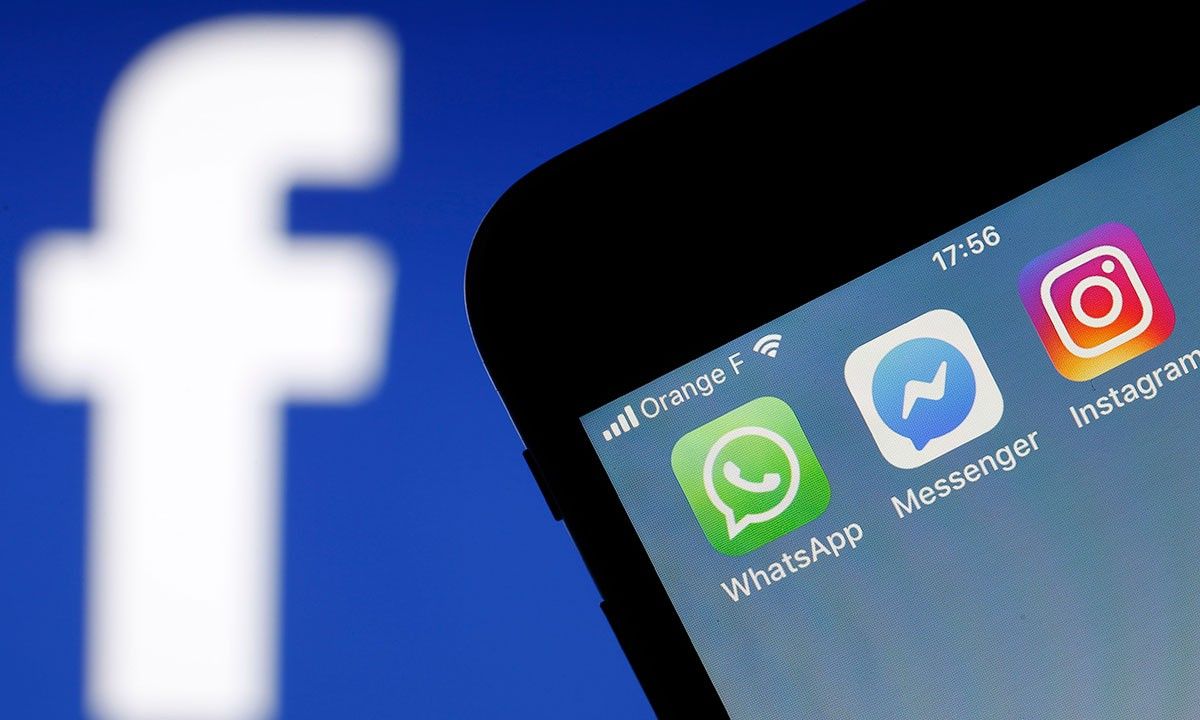Facebook pushes forward integrating its apps in an effort insulate itself from government regulation

It was in March of last year that Facebook announced it had begun the process of knitting together the company’s three messaging apps, Messenger, Instagram, and WhatsApp. Since then it appears the company has been hard at work doing just that. Facebook just announced it is starting to let people use Instagram to send a photo to someone using Messenger, and vice versa. But this functionality is just the beginning of what they want to build. In the future, you might be able to text a friend who uses only WhatsApp, which Facebook also owns, from your Messenger account.
While there are arguably some good reasons for doing this from a consumer perspective, there are also very good reasons for the government to step in and take a closer look. That's what the government did with Microsoft and Internet Explorer – and frankly, that action is in large part responsible for the competition in the browser landscape that we've seen to date.
Of course the argument from Facebook's perspective is that it allows its users to communicate more easily with one another. Being that you've never been able to send an Instagram photo to someone on Messenger before it's hard to know exactly how much usage this feature will get. I tend to think of Facebook's portfolio of apps as independent from one another – my usage of Instagram is completely different from my usage of Facebook Messenger. I've never said to myself, that I can recall, "Boy, I wish I could send this photo to someone via Facebook Messenger." Have you?
That being said, if one thing is clear, it's that Facebook wants you to associate it with its portfolio as was evident when the company added its branding into its apps last year. They want you to see Instagram and think Facebook. The reason for this is simple: dominance.
Dominance is the name of the game here. If Facebook is able to entrench itself by closely integrating its app together, it will be much harder for government regulators to break up the company. The most frustrating part of all this though is the fact that law makers and regulators aren't doing a damn thing, which is exactly what Zuck hopes they will continue to do. Zuck has been telling regulators for a few years now to regulate Facebook – almost daring them to do it – they haven't. Why haven't they? Because they don't have a clue. They're oblivious to what's going on with some of these massive tech companies whether that's related to anti-trust matters or the spreading of disinformation.
Ultimately, with these integrations Facebook is attempting to make it even more difficult to compete against them, especially in the messaging space. While it's frustrating to watch it play out in realtime, I personally don't think it will be all that successful in the long run. The reason being, I believe we're in the next era of social apps and as I've outlined before, I don't think Zuck or Sandberg are the right people to lead that charge.
Nonetheless, if there's one thing you should take away from this article it's that Zuck is devious. He's been weak on fighting disinformation and election interference on Facebook and let us not forget about the fact he wants to be emperor. If the government doesn't step in here and take some action in the near future it may be too late.
How do you feel about Facebook tightly integrating their apps? Do you think that will impact competition?